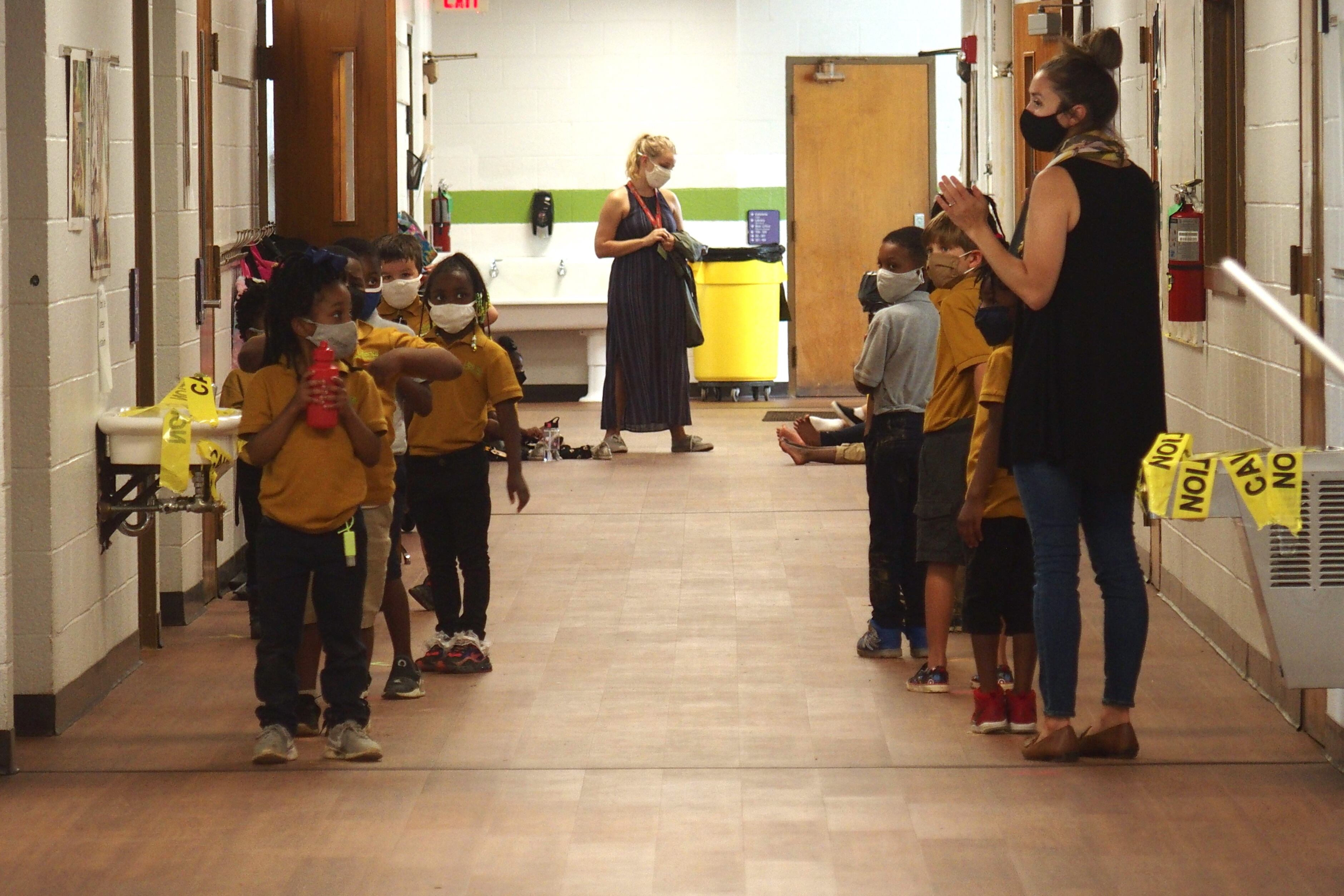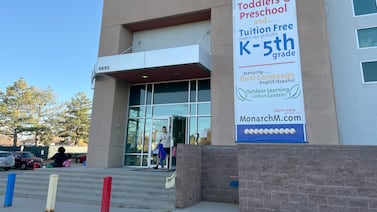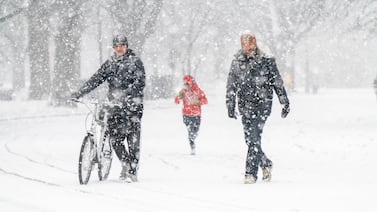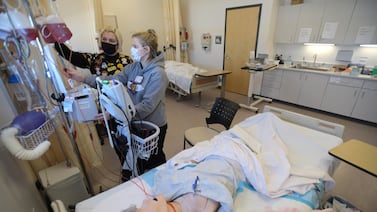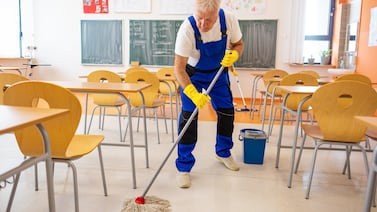Three Memphis charter schools will move from the state’s Achievement School District to a state-run charter district after improved academic performance.
On Friday, the Tennessee Public Charter School Commission unanimously voted to move Lester Prep, Libertas School, and Cornerstone Prep Denver — schools that serve hundreds of high-need students in Memphis Frayser and Binghampton neighborhoods — from the state’s ASD to operate in the commission’s state-run charter district.
Launched in 2012, the ASD was meant to turn around dozens of chronically underperforming schools across Tennessee, mostly in Memphis and Nashville. Nearly a decade later, many of those schools have failed to make significant progress. Rather than returning the schools to their home districts, as the state had originally promised, a new state law enacted last spring lets higher-performing charters leave the ASD, bypass their local districts, and apply directly to the state public charter school commission for authorization.
Public Charter School Commission members’ Friday morning vote followed the recommendations of commission executive director Tess Stovall, based on criteria such as a clear and compelling mission, a quality education program, community support, a solvent and sustainable budget, and a clear demonstration of effectiveness, among other metrics. Stovall found all three schools met the standards.
In the applications for Cornerstone Prep Denver and Lester Prep, administrators touted significant progress toward the schools’ mission to “equip all students with the wisdom and knowledge necessary to succeed in college and to become leaders in the community.” Both charters are operated by Capstone Education Group, a charter management organization created to serve under-resourced children in Memphis.
Cornerstone Prep Denver, located in the Frayser neighborhood, serves nearly 600 students in pre-K through fifth grade, and Lester Prep, in Binghampton, serves nearly 300 sixth through eighth graders. At both schools, over 95% of students are Black and considered economically disadvantaged by the state, and most students enter the school below grade level, administrators said.
Despite their student body’s high needs, administrators highlighted pre-pandemic TN Ready scores showing notable academic growth.
At Cornerstone Prep Denver, officials said math scores increased from 10% mastery in the 2017-18 school year to 27% mastery the next school year, and English-language arts proficiency rose from 5% in 2017-18 to 10%. At Lester Prep, the school earned an overall composite Tennessee Value-Added Assessment System (TVAAS) score of five for three consecutive years, meaning student achievement grew year over year.
Administrators recognized that there’s more work to be done at both schools. At Cornerstone Prep Denver, English-language arts results lag behind math, and at Lester, the high level of student mobility in Binghampton makes it difficult for students to reach grade-level mastery. And, over the last two years, the pandemic hurt academic achievement at both schools.
Still, officials highlighted survey results that showed the majority of parents — 93% at Cornerstone Prep Denver and 85% at Lester — were satisfied with their child’s school.
Libertas School also touted significant gains in academic performance and growth, as well as the school’s strong culture among students, families, and faculty since the building was transformed in 2015 from Brookemeade Elementary — then the second-lowest achieving elementary school in the state — to Tennessee’s first Montessori charter school with a mission for “human flourishing” by “cultivating the minds, hands, and hearts of children in Memphis.”
The Frayser charter school now serves nearly 400 students in pre-K through fifth grade, and like Lester and Denver, the vast majority of students face heightened obstacles to learning. Nearly 90% of Libertas students are Black, Hispanic, or Native American, over half are considered economically disadvantaged, and nearly a quarter are eligible for special education services — the highest overall percentage of students with disabilities of any operator in the ASD, according to Libertas officials.
Still, Libertas has earned an overall composite TVAAS score of five for several years, including during the most recent school year, indicating students continued to grow academically despite the pandemic. In addition, Black students are achieving in the top half of the state, and students with disabilities are performing in the top 15% in the state.
That’s not to say that Libertas is without ongoing challenges. In the school’s application, Executive Director Bob Nardo said Libertas has had a difficult time recruiting enough teachers and teaching assistants, and has since created its own Montessori teacher training program to address the issue. The school has had to emphasize special education in its training program due to the high number of students with disabilities, Nardo said.
Those efforts have paid off, according to Demetria Barber, whose grandson has autism and is a Libertas student. Barber was one of several community members to appeal to the commission on Libertas’ behalf before their vote.
Barber’s grandson has encountered many challenges to learning, but she applauded Libertas’ caring culture and flexibility in meeting his needs. Barber said her grandson’s therapists come and go from the school Monday through Friday every week, his teachers call and text frequently about the boy’s progress and needs, and in turn, “his growth has been wonderful,” she said.
She knows her grandson is not the only one who has benefitted from Libertas.
“We need this for our community,” she said.

